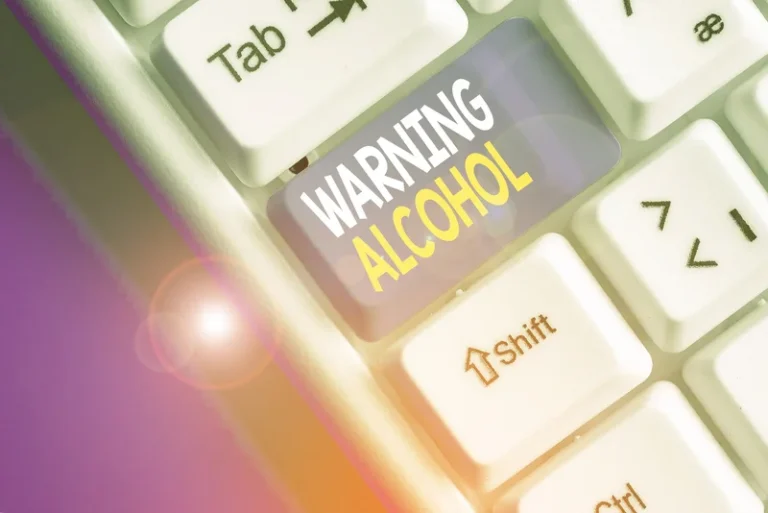Trauma Symptoms of Adult Children of Alcoholics

The mother’s severe alcohol abuse increased the children’s risk of all categories of disorders except F8. Also, less severe alcohol abuse in mothers increased the risk of disorders in category F9. Among fathers, less severe but not severe alcohol abuse increased the risk of children’s disorders in category F9. In addition to aiming for reducing alcohol consumption in the entire population, interventions targeted at parents with children in all age categories are important in preventing alcohol’s harm to children. Psychological and/or educational interventions for reducing alcohol consumption have been shown to result in increased abstinence from alcohol and a reduction in alcohol consumption among pregnant women [43]. Psychosocial interventions aimed at substance-abusing mothers have also resulted in positive effects on child-related outcomes, on mothers’ abstinence and mental health and on parenting attitudes and behaviour [44].
Children of Alcoholics Statistics
They can become people-pleasers who are crushed if someone is not happy with them and live in fear of any kind of criticism. After growing up in an atmosphere where denial, lying, and keeping secrets may have been the norm, adult children can develop serious trust problems. Broken promises of the past tell them that trusting someone will backfire on them in the future. One of the most common struggles of being raised by an alcoholic is trust issues. The unpredictability of living with an alcoholic can create a sense of instability and insecurity, making it hard for daughters to trust others. Reach out to professionals and support groups to find the help and resources you need to navigate this difficult time in your life.
Options for Addiction Treatment
Alcohol’s differing effects and parents’ changing role in their children’s lives as they mature and seek greater independence can make talking about alcohol a challenge. And they may find it difficult to communicate with children and adolescents about alcohol-related issues. When an alcohol addiction is the cause of an ACE, there are specific outcomes that are present throughout adulthood. Adult children of alcoholics are four times more likely to choose a partner with a SUD. They also have an increased risk of becoming addicted to drugs or alcohol themselves.
- Growing up with one or both parents dependent on alcohol can also result in symptoms of post traumatic stress disorder (PTSD) in adulthood.
- Anyone who cares about a child with an alcoholic parent can take the following steps to help.
- But a parent with AUD may not have been able to offer the support you needed here, perhaps in part because they experienced emotional dysregulation themselves.
- Studies suggest that both mental illness and trauma are risk factors for AUD and SUD.
- Even though the parents with less severe alcohol abuse encountered less problems than parents with severe alcohol abuse, their children had similar risks of mental and behavioural disorders.
Where can adult children find support?
- When an alcohol addiction is the cause of an ACE, there are specific outcomes that are present throughout adulthood.
- Your therapist can help you determine a therapy approach that best fits your unique needs and concerns.
- They can recommend strategies to help you cope with emotional challenges and build healthier relationships.
- Therefore, being proactive in addressing any potential alcohol-related issues in your life is crucial.
- A sudden change of plans or anything that feels out of your control can trigger your anxiety and/or anger.Youthrive on routine and predictability.
This could be related in part to the behavior issues among children of parents with an AUD. Some adult children of parents with AUD take themselves very seriously, finding it extremely difficult to give themselves a break. If they had a tumultuous upbringing, they may have little self-worth and low self-esteem and can develop deep feelings of inadequacy. Children raised by alcoholic parents often lack supervision and the freedom to play, create, and explore. Often they feel unsafe, and in some cases, they might be subjected to emotional, physical, or sexual abuse. Understanding the effects of alcoholism on families and children is essential for overcoming the challenges it presents.

Psychological Impact of Alcoholic Mothers on Daughters

Appendix 2 (available as a web‐based Supplement to this article) presents an overview of all the included studies and provides more detail about the main study findings from each study. “In this process, you’ll process unresolved traumatic experiences and develop tools to formulate healthy relationships and communicate your needs,” she explains. how alcoholic parents affect their children This state of hypervigilance is a common symptom of both post-traumatic stress disorder (PTSD) and anxiety disorders. According to a small 2016 study involving 100 children ages 7 to 14, those who had fathers with alcohol dependence were more likely to show signs of impulsivity than those whose fathers did not have alcohol dependence.
- Children and adolescents often feel competing urges to comply with and resist parental influences.
- This is never true, but even if a child grows into an adult who understands this, many still struggle with guilt and shame.
- In summary, children with alcohol-abusing parents have a higher risk of mental and behavioural disorders regardless of the severity of parental alcohol abuse.
- The exposure measure of parental alcohol use could be obtained from either parent, children or another source such as official records.
- There is a growing interest in measuring alcohol’s harms to people other than the drinker themselves.
Most of the adult children of alcoholics who I know underestimate the effects of being raised in an alcoholic family. More likelyits shame and simply not knowingthat adult children of alcoholics (ACOAs), as a group, tend to struggle with a particular set of issues. If you’re an adult child and lived with a parent with alcohol use disorder, there are ways to manage any negative effects you’re experiencing. Research shows that a child’s risk of becoming an alcoholic is greater if their alcoholic parent is depressed or suffers from other co-occurring disorders. Their risk also goes up if both parents are addicted to alcohol and other drugs, if the alcohol abuse is severe and if there is violence in the home.

Difficulty trusting and being closed off
Studies suggest that both mental illness and trauma are risk factors for AUD and SUD. Several studies discuss the impact on the offspring of parents who have experienced AUD or other SUD. That said, it’s important to recognize that https://ecosoberhouse.com/ behaviors resulting from this illness can have a negative impact on loved ones. While these numbers can seem daunting, there is an extended network of people with shared experiences who are available for support if you need it.

